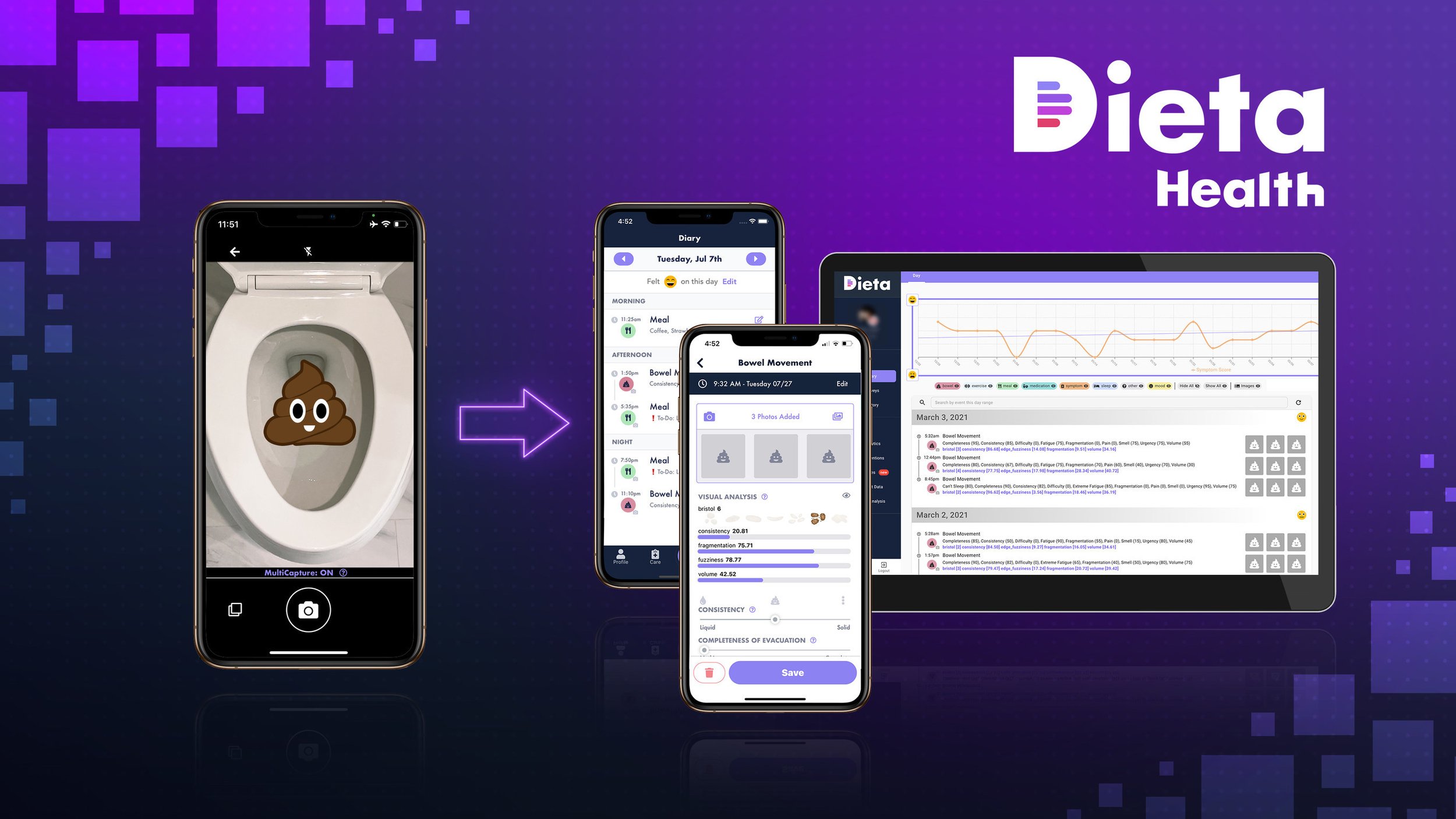About the company and founder:
CEO and Founder, Asaf Kraus, is a Data Scientist and IBS patient, passionate about solving digestive health issues for millions of others who have suffered like him. In 2017, at the height of severity of his IBS, Kraus spent all his time outside of work consulting with gastroenterologists and other clinicians and experimenting with dozens of treatment options. Kraus learned a great deal about the painful and confusing journey of an IBS patient. Given his machine learning expertise as a Data Scientist at Uber, he formed a belief that data and AI can help solve some of these problems.
The most significant revelation came years ago when Kraus participated as a subject in a clinical trial, testing an experimental medication. During that experience, he learned how the scientific community was measuring results of interventions on stool – by asking patients to remember and subjectively classify their stool on the Bristol Scale.
As a result of this experience matched with data science expertise, Dieta built a mobile app for iOS and Android which lets patients conveniently snap an image of each bowel movement, and instantly classifies objective and accurate digestive health results. In addition to the Bristol Scale, the Dieta app also classifies multiple other stool characteristics including volume and fragmentation from a single image capture.
Today, the results of a groundbreaking human clinical trial validating Dieta’s stool image recognition technology were published in the American Journal of Gastroenterology.
About the clinical trial:
The trial was run by the MAST Program (Medically Associated Science and Technology Program) team at Cedars-Sinai in Los Angeles. Principal investigator, Dr. Mark Pimentel M.D. is a world-renowned gastroenterologist and researcher, credited for the discovery of many innovative IBS treatments and diagnostics.
Patients recruited by Cedars-Sinai used Dieta’s app to capture stool images before, during, and after taking an experimental medication throughout 2021. Two expert gastroenterology professors then manually classified over 200 images of stool to create a “gold standard” on which to compare Dieta’s AI to the current standard of patient reported classifications.
The AI was shown to be comparable in accuracy to expert gastroenterologists and superior to patients in classifying stool.
The numbers:
Dieta’s AI was more sensitive (83%) and specific (94%) when compared to patients (55% and 71% respectively).
Dieta’s AI stool classifications were more correlated (0.71) to the patients’ symptom severity scores as compared to even the patients’ own classifications (0.46).
Dr. Pimentel found that "Dieta’s stool image recognition objectified constipation, diarrhea and normal stools so there was less subjective patient influence on trial outcomes.” The validation study proved that AI was far more accurate than patient self-reporting. “This could be a game-changer in terms of more clearly seeing true effects on patient stool outcomes and side effects of drugs in clinical trials for gastroenterology and beyond”, Dr. Pimentel said.
Dieta is working with other GI pharmaceutical companies to adopt stool image recognition technology as a measurement tool to collect better data and truly understand the impact of their medications on stool outcomes.
In addition to the proprietary stool imaging AI, Dieta’s platform for patients offers much more. Patients can also snap photos of meals, track medications and symptoms, and get guidance on choosing interventions (treatments) as they work towards improving their digestive health. Patients can also easily share their data with their clinicians to view on Dieta’s Clinician Portal.
Dieta’s applications have been used by over 7,000 patients. Next month, Dieta is planning on launching a patient care service, where patients who use the platform can also connect with a unified team of gastroenterologists, dietitians, and coaches to get guidance and care directly in the Dieta app.
Dieta Health raised $1.9 million in its pre-seed funding round, and is backed by Techstars, and investors/partners including Cedars-Sinai (an international leader in gastroenterology), and UnitedHealthcare (the world’s largest healthcare payer).
Dieta’s AI is superior to current standards, and its vision for solving IBS using data, alongside medical guidance and personal coaching is a win-win, improving the patient experience and saving time, money and stress.
About Dieta Health: A better way to manage and treat IBS, Dieta uses AI to personalize digestive healthcare for the 11% of the global population that suffers from digestive disorders. The first company to validate stool image recognition in a human clinical trial which makes the measurement of digestive outcomes (poop) objective instead of subjective. Dieta is based in Los Angeles and backed by Techstars, UnitedHealthcare (the world’s largest healthcare payer), and Cedars-Sinai (a top medical center for gastroenterology). Download the app with Android or iOS.












